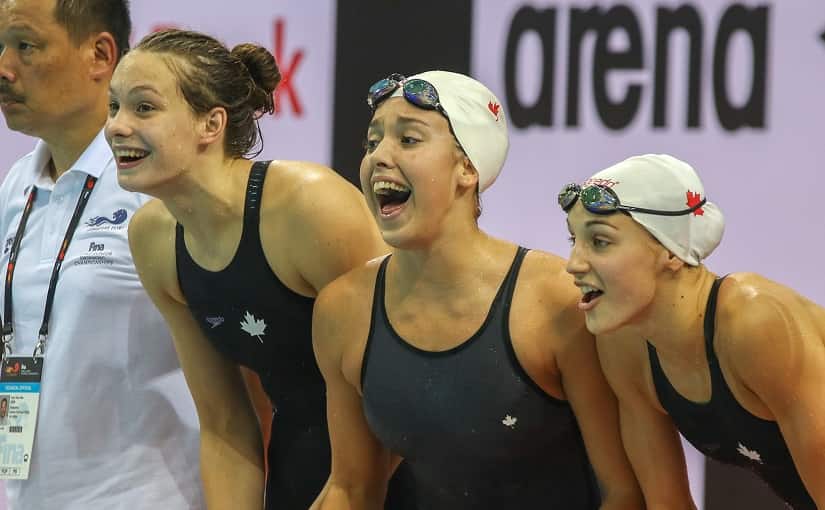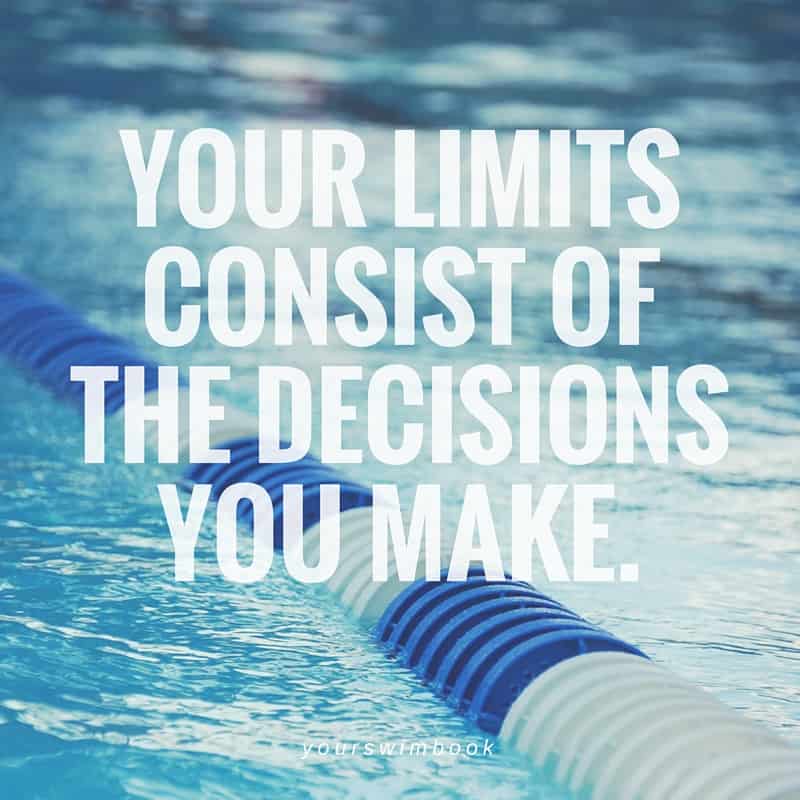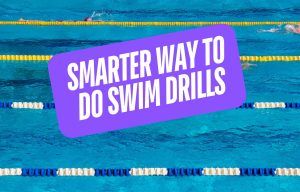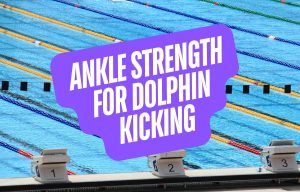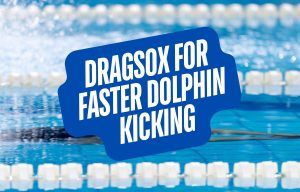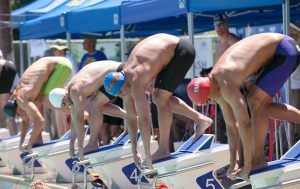Age group swimmers are learning a lot as they progress through the ranks. Here’s how journaling their workouts will help teach one of the most important lessons swimming has to offer.
In our first few years in the sport it’s all about learning how to do things better. Getting thrown into the water we go from splashing around to learning form and technique.
We are being taught how important good technique is, how to do proper turns, and being taught all the ways to get DQ’d at competition time (“So one handed fly turns are not good, right?”).
As we progress, and see ourselves rising the rankings, and the times steadily dropping, we get more and more into the sport. With less propping from our parents and coaches we shoulder more responsibility for our performance in the pool.
This means getting ourselves to practice. Setting our own alarms for morning workouts. And shouldering the responsibility for showing up to practice and working hard.
And of course, for most age group swimmers, this means setting personal goals for their swimming. While our coaches may help us with the planning of our goals, ultimately it is up to us to do the work necessary to see them through.
During this stretch of time you are learning to be responsible and accountable to your swimming.
It can be a little intimidating at first when you realize that ultimately how you fare in the water is on you.
That your limits consist of the decisions you make.
Scary, maybe initially. But empowering in that you are the one who decides your fate in the water.
Not the competition. Not your parents. And not your coach.
Your swimming becomes, essentially, accountable only to yourself.
How to Get Yourself Some More of That Accountability Stuff
There are lots of ways that you can help yourself be more accountable. Schedule regular check-ins with your coach. Tell people about the things you want to accomplish. Write out your goals and put them beside your bed like Michael Phelps used to do.
Pound-for-pound, however, the best way to keep yourself accountable is regular evaluation.
And the simplest way to do this is to write out your practices. Yup, spending just a couple minutes a day post-workout journaling what happened at practice will add a powerful layer of accountability to your swimming.
There is a metric chlorinated ton of benefits to keeping a logbook in the water; from building motivation, to using it as a tool to express gratitude, self-monitoring has been shown to work over and over again in studies and research.
How to Use Your Training Log for Max Accountability Effect
Ultimately how we use a logbook comes down to personal preference.
Freestyle sprint phenom Caeleb Dressel uses his logbook to write out how he feels in the water, as well as his workouts. Katie Ledecky, soon to be the top woman freestyler in history, used her logbook to better communicate with her coach while also using it as a tool to write out how she was feeling that day.
Writing out your workouts becomes a habit. Eventually you will get to a point where it is simply part of your routine, as essential to your workout as your water bottle and a decent warm-up.
And whichever manner you prefer to use it, here are a couple ideas for how age grouper swimmers can make the most of journaling out their workouts:
Pick something to work on today.
One of my favorite ways to use a logbook is to plan on working on specific things.
Today could be the day that I focus on having excellent streamlines. Or breathing bilaterally for the whole workout. Or not pulling on the lane rope.
Having goals beyond what coach wants you to do will help you stay engaged in the practice, and it also gives you some control on the practice and can help you stay focused during those long practices.
Sure, coach writes the workout, but you also have your own little goal as well. This type of intention and focus means you aren’t just reacting to what coach is telling you for 1.5-2 hours.
Rank your effort at practice.
If you have ever struggled with being consistent with practice (and who hasn’t at some point?) this is going to be right up your alley. And hilariously simple.
Each day, whether you keep a training log or not, once you’ve stepped out of the water and dried yourself off take the 3.2 seconds it takes to rate how you did in practice.
You don’t have to go into further detail if you don’t want to, but writing out a simple effort rating will keep you honest—and wait for it, accountable.
You can rank it out of 10, with a letter grade, out of 5 golden retriever puppies, whatever system you choose it doesn’t particularly matter as long as you do it.
Use it make sure you are progressing.
At the end of the day if you want to swim faster in competition you have to swim faster in practice. This means doing things better week-in and week-out. It means being willing to escape your comfort zone regularly.
Remember: It’s on you to make sure that you are doing things better.
That you are pushing to try a more challenging interval. Or swimming with fewer strokes per length. Or making more practices than you did last month.
Your training log is home base for these things. On paper, in front of you, you can see what you have to best in order to improve.
The Takeaway
Being a more accountable athlete goes beyond just being a faster swimmer.
(Although that sounds pretty awesome in it’s own right.)
Swimming is a vehicle for teaching us things like self-responsibility and accountability. And yes, these are the things that will serve us very well in life outside of the pool, whether it’s in our careers, academics, or our personal relationships.
Journaling your workouts is something that not only will help you be more accountable to your goals and help you become a more aware and self-responsible athlete, but it will also make you feel that your swimming is really yours.

